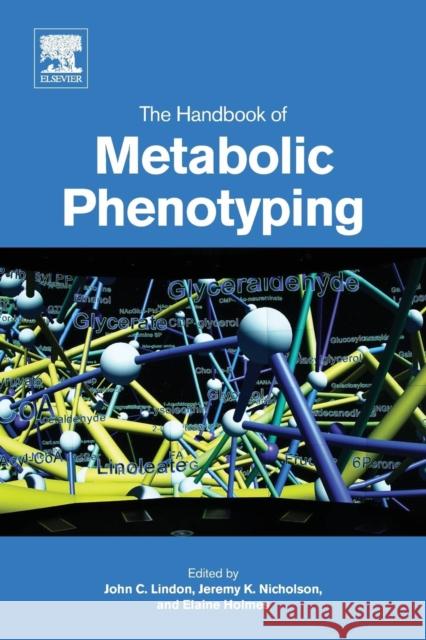The Handbook of Metabolic Phenotyping » książka
topmenu
The Handbook of Metabolic Phenotyping
ISBN-13: 9780128122938 / Angielski / Miękka / 2018 / 619 str.
Kategorie:
Kategorie BISAC:
Wydawca:
Elsevier
Język:
Angielski
ISBN-13:
9780128122938
Rok wydania:
2018
Ilość stron:
619
Waga:
0.81 kg
Wymiary:
22.91 x 15.19 x 3.17
Oprawa:
Miękka
Wolumenów:
01
Dodatkowe informacje:
Bibliografia











